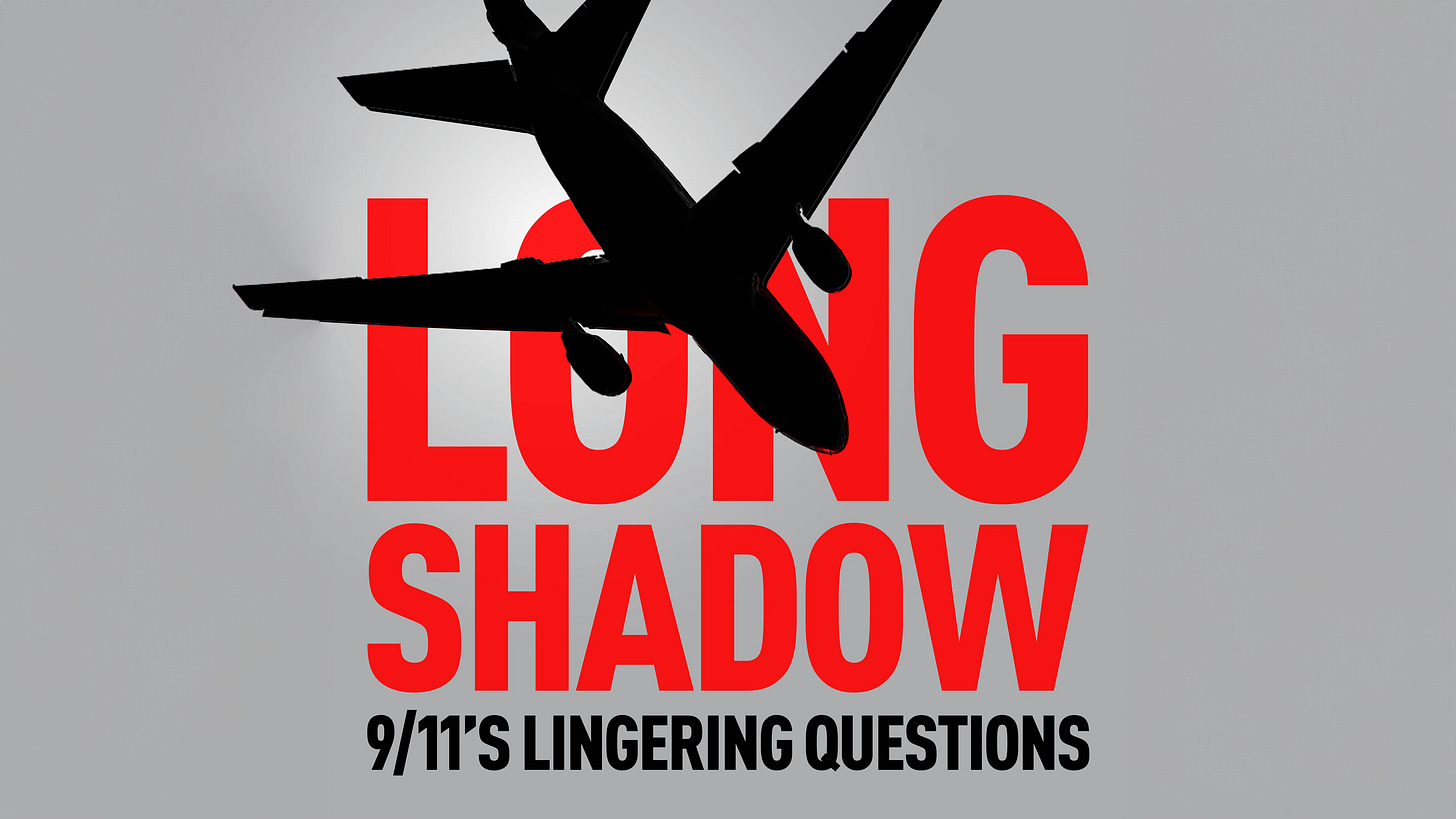Two thumbs up: Journalist Brian Raftery shares his favorite Hollywood crime stories
His new podcast, The Hollywood Hack, revisits the infamous 2014 cyberattack on Sony Pictures Entertainment.
Veteran print and digital journalist Brian Raftery has released three narrative podcast series over the past four years, all produced by Spotify and The Ringer and all related to one of his enduring passions: the movies.
In 2021, he put out Gene and Roger, a pod about the famous movie-reviewing duo of Gene Siskel and Roger Ebert. Two years later, he returned with Do We Get to Win This Time?, which explores the making of a number of classic films about the Vietnam War. And late last month came The Hollywood Hack, a three-parter in which Raftery delves into the 2014 cyberattack on Sony Pictures Entertainment and its fallout.
“They’re all topics I’m insanely interested in,” Raftery, the author of Best. Movie. Year. Ever.: How 1999 Blew Up the Big Screen (2019) and a forthcoming book about the fictional character Hannibal Lecter, tells Depth Perception. “In a way, I’m doing the stuff I was most interested in when I was 15 years old: Siskel and Ebert and Hollywood scandals and history and the Vietnam War. Now I’m just trying to learn more about them as an adult, in a professional setting.”
Raftery, who is based in Los Angeles, says he was drawn to the Sony hack in part because it was “one of the strangest events to happen in my lifetime” and in part because it largely had “slipped from memory.” (To refresh yours: The hackers, whom US intelligence officials linked to North Korea, leaked a trove of sometimes embarrassing internal Sony emails and implied that there would be attacks on theaters that showed Sony’s The Interview, a then-upcoming comedy about an assassination plot against North Korean leader Kim Jong Un.)
In the spirit of his new podcast, we asked Raftery to pick some of his favorite articles, books, and podcasts about the intersection of Hollywood and crime. The following has been edited for length and clarity. —Mark Yarm
Never forget: 1/3 of Americans are too young to remember 9/11
Garrett Graff has spent two decades covering the legacy of 9/11, from the rise of Homeland Security and the War on Terror to its effects on American politics. It’s the most important story of the modern age, says the Pulitzer-finalist historian. It’s the hinge on which so much changed, the dividing line between the 20th century and the 21st.
“The history we now teach of September 11 is a simple one,” he says in the first episode of “Long Shadow: 9/11’s Lingering Questions.” “But that telling is too tidy. For those who lived through it, the chaos-filled 102 minutes from the first crash to the final tower collapse were a mess of fear, chaos, confusion, and trauma. We didn’t know when the attacks began. We didn’t know when they would end…. And worst of all that day — we didn’t know what would come next.”
Remember September 11. Listen to the Murrow Award-winning podcast “Long Shadow,” wherever you get your podcasts.
Chameleon: Hollywood Con Queen by Josh Dean and Vanessa Grigoriadis, Campside Media/Sony Music Entertainment (2022)
“This is a podcast about this very elusive scammer who basically wound up convincing a lot of freelance-for-hire film industry people to travel overseas for these film projects that didn’t actually exist. I don’t want to give away too much, because the story truly evolves the more you learn about who this scammer was. I’m very tough on true crime podcasts — I feel like a lot of them don’t deliver what you want, and a lot of times the storylines are being manipulated. What’s so delightful about this podcast is that they are really discovering more and more of the story as they’re in production, with actual late-in-the-season revelations. I love the idea of a podcast where you are riding shotgun as they report.”
Indecent Exposure: A True Story of Hollywood and Wall Street by David McLintick, William Morrow & Co. (1982)
“I haven’t read this in a long time, but this is one of the truly forgotten Hollywood scandals. I don’t think most people nowadays are aware of an embezzlement scandal at a movie studio in the late ’70s. But this book was very much feared in Hollywood when it came out. It was a very hot book. The story was broken by David McClintock, who was at the Wall Street Journal. It wasn't broken by one of the Hollywood trades. It wasn't broken by the LA Times. There was a sense of embarrassment that this out-of-town journalist had unearthed this huge Hollywood scandal, and I think it had an impact on how Los Angeles news organizations viewed the industry and how they covered the industry more aggressively going forward.”
“Master of Make-Believe” by Evan Osnos, The New Yorker (May 27, 2024)
“This is about a very bright, but not super-talented guy who moved down to LA and basically started setting himself up as this incredibly successful distributor/producer/actor. I don’t want to give away all the machinations, but he was scamming his friends and running a Ponzi scheme involving multiple investors. To me, this feels like if you were to remake the movie Risky Business in 2024. I think this would be the bleak third act — where [the Tom Cruise character] Joel would probably wind up if he moved to Hollywood. This is one of those great New Yorker stories where if you were to just dig into everything going on in certain paragraphs, those would be stories of their own.”
Outrageous Conduct: Art, Ego, and the Twilight Zone Case by Stephen Farber and Marc Green, Arbor House Publishing (1988)
“This book is out of print and hard to find. I eventually just bought a used copy off eBay for way more money than I would ever want to admit. It’s a look at this accident that happened on the set of the Twilight Zone movie in the early ’80s, where three people — two children and the actor Vic Morrow — were killed during a late-night filming session. It’s very thorough about the accident itself, and it’s very thorough about the trial that followed. And it’s an infuriating read. It really feels like there was a miscarriage of justice here. I think this is one of the most anti-Hollywood books I’ve ever read. It's a book I would not read before going to bed — it's generally very upsetting.”
“A Tangled Web of Movie Prop Thievery” by Anna Gorman, The Los Angeles Times (Nov. 30, 2002)
“Thieves Make Off With ‘Beetlejuice 2’ Props” by Derrick Bryson Taylor, The New York Times (July 24, 2023)
“In the early 2000s, someone stole a bunch of Spider-Man costumes from the Sony lot. Since it was a crime involving Sony, it does tie in a little bit to the podcast, I guess. I’m always fascinated when I read these kinds of stories, because I feel like if you steal a giant Beetlejuice statue, where do you go from there? It’s not something you can hide easily. I can’t imagine you can sell it easily without attracting attention. And you can’t brag about it. I love the true crime aspect of it, but there’s also something kind of poignant about the fact that people just want to own a tiny part of a movie, which I absolutely understand.”
Go deeper: More picks from Depth Perception journalists:
Why making Long Shadow was "a masterclass in gun history"
“Long Shadow: In Guns We Trust” examines the uniquely American problem of gun violence. Jennifer Mascia, a founding staffer at The Trace, contributed critical reporting to the Long Lead podcast. In this issue of Depth Perception, Mascia shares her picks of the best media about gun violence from the past decade. "These are the ones that kind of shook me out of my stupor, my numbness, and said, ‘Wait a second, feel something,’” she says. Read on...









